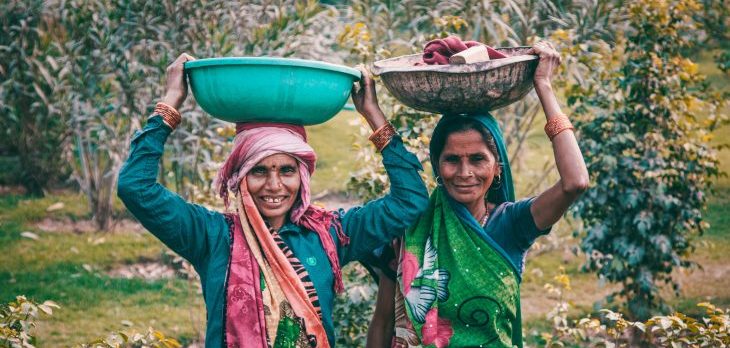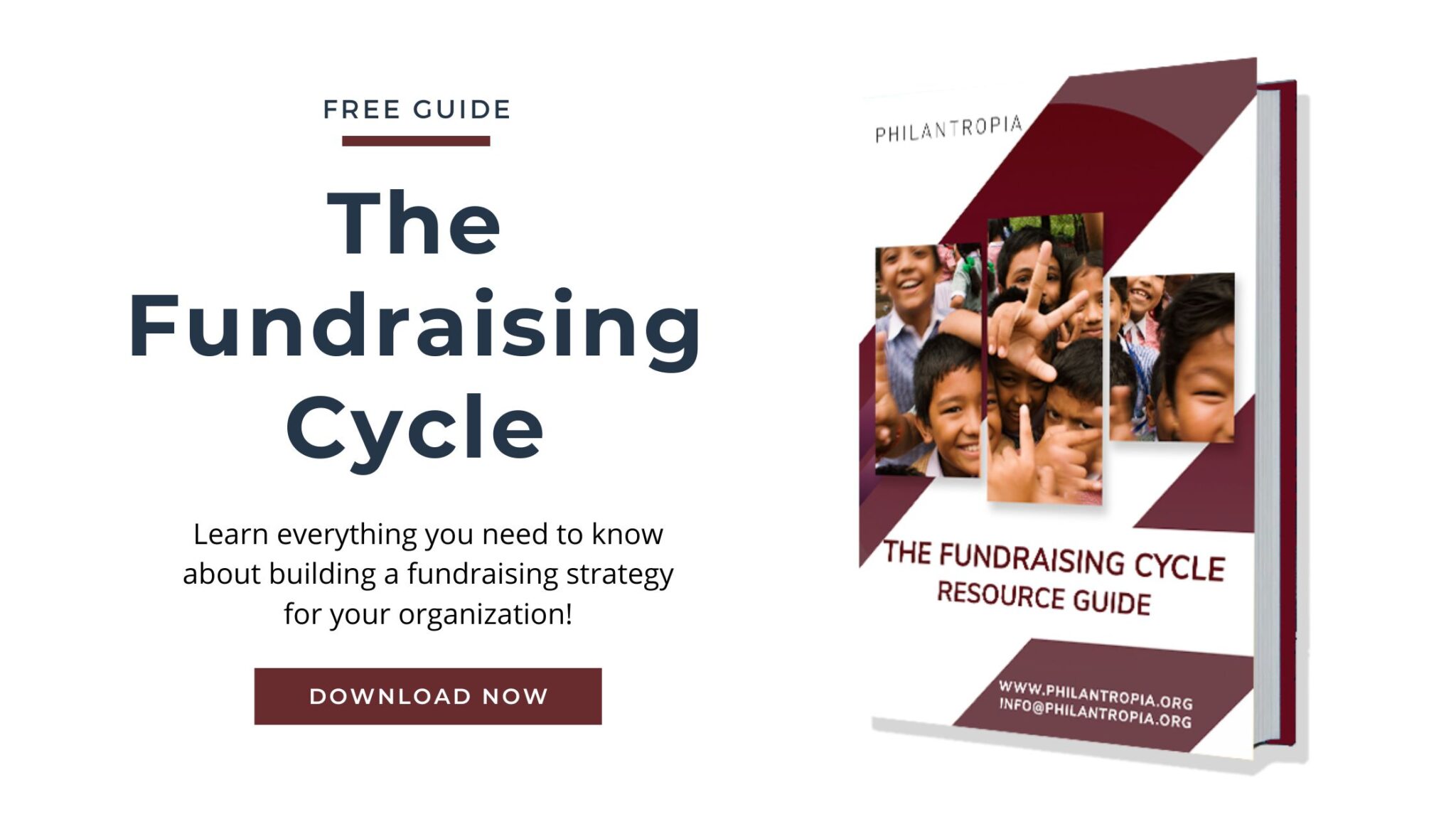The United Nations Democracy Fund (UNDEF) Call for Project Proposals 2019 is now open from 15 December 2018 to 18 January 2019 for NGOs to apply.
The Fund provides financial support to projects around the world for strengthening the voice of civil society, promoting human rights and encouraging the participation of all groups in the democratic processes. The main areas of funding are Community Development, Media, Rule of Law and Human Rights, Tools for Democratization, Women, and Youth.
For NGOs to win funding, it is very important to submit a strong application especially because there is huge competition for seeking grants from UNDEF. In 2017, UNDEF received over 2400 project proposals. As a worldwide opportunity, NGOs need to consider some important elements that matter in the application form. For this, we have developed a guide that can assist you in writing an effective proposal.
What Types of Projects Are Fundable?
The UNDF funds projects related to democracy and civil society empowerment such as the empowerment of women and youth, citizen ’s access to information, voter registration, civic education, and much more.
Examples of previously funded projects include:
- Strengthening Grassroots Democracy and Responsive Leadership in Kenya
- Enabling Environment for Civil Society in Vietnam
- Building a Women’s Political Lobby in Ukraine
Funding Available
NGOs can apply for funds ranging from $100,000 to $300,000 in size. The average project is $250,000. However, in the grants database, project funding ranges from $50,000 to $500,000. The likely explanation for this is grant sizes can be negotiated after the acceptance stage. This does not mean applicants should initially ask for more or less money than the range listed on the application page.
Please take note that with an average grant size of $250,000 ($125,000 each year), UNDEF is likely to only fund those NGOs that have the capacity to absorb a grant of such size. Grassroots NGOs with very small budgets (e.g. less than $100,000 annually) are unlikely to succeed. A good rule of thumb is that your budget should be at least equivalent to the annual budget sought. In other words, an NGO with a $100,000 budget should request $200,000 two-year grant. In short, NGOs with large budgets are more likely to succeed. As nearly 80% of grants awarded in the past are over $200,000 it is safe to assume that a grant request in the $2-300,000 range would be more likely to succeed. In fact, the larger the average grant amount, the fewer the number of grants UNDEF has to award and thus manage.
Length of Projects: Projects are for two years or less.
Application Dates: Proposals can be submitted between 15 December 2018 to 15 January 2019. The final shortlist is approved in May/June and grant negotiations take place soon after with the contract being signed in September or later.
How to Apply?
Proposals are only accepted online during the application date period. Proposals can be submitted in either English or French. You cannot apply via mail, email, or any other means. Only online applications are reviewed.
Where to Apply?
Proposals must be submitted online during the application date window at the UNDEF website.
Who Can Apply?
UNDEF invites project proposals covering one or more of eight main areas:
- Gender equality
- Community activism
- Rule of law and human rights
- Youth engagement
- Strengthening civil society interaction with Government
- Media and freedom of information
- Tools for knowledge
- Electoral processes
The following types of organizations are eligible to apply for funding:
- Civil society organizations and non-governmental organizations (NGOs) that promote democracy. This category traditionally receives most of the funding.
- Independent and constitutional bodies such as election commissions, ombudsman institutions, national human rights institutions, and other independent governance bodies.
- Global and regional inter-government bodies, associations, and organizations other than the United Nations.
- If you are not sure if your organization is eligible to apply for UNDEF funding, go to the website to find additional information.
NGOs need to be officially registered and have a bank account to apply. Networks that wish to apply also need to be formally organized with a registered network office or lead NGO (with a bank account).
What are the chances of my organization receiving funding from UNDEF?
UNDEF allocates 70% of its budget for projects in a country. This means that local NGOs can apply and often succeed, competing against large international organizations.
That being said, with so many applicants, UNDEF is very competitive, with an overall success rate of only around 2%. Only around 10% of applicants make it to the short list, and of that only 20 % will be successful. Last year UNDEF received 2300 applications (100%) of which an estimated 250 (11%) were shortlisted and 50 were finally successful (2%).
As UNDEF tries to allocate funding to a wide range of countries, NGOs in small developing countries with only a few NGOs have a higher statistical chance of success than those in very large countries with many NGOs. For example, ten projects were allocated to Indian organizations in the past nine funding rounds, while Liberian NGOs received six during that same period. The competition for those ten grants in India must have been fierce with hundreds of NGOs applying. In Liberia on the other hand, which has fewer NGOs, UNDEF will have received only a handful of applications. The success rate for Liberia must have been significantly higher. NGOs with proven capacity will also have a higher chance of receiving funding than limited-capacity NGOs or start-ups.
UNDEF also prefers to fund projects within countries and regions where challenges related to democracy are more critical. These countries and regions include those emerging from conflict, new and restored democracies, Least Developed Countries, Low-Income Countries, and Middle-Income Countries. However, programs that are deemed confrontational to governments are unlikely to be funded.
Make sure you demonstrate that your proposal satisfies each one:
- The project promotes the objectives of UNDEF
- The project draws on the United Nations’ comparative advantage
- The project will have a significant impact
- The project will encourage inclusiveness
- The project will enhance gender equality
- The project has strong prospects for successful implementation
- The applicant organization has a strong track record
- The project is technically sound in conception and presentation
- The project represents good value for money
- The project has strong prospects of sustainability beyond the project
duration.
Finally, the office of the UN Resident Representative (the formal head of the UN system in any given country) will likely review the shortlisted applications. As the UN works with the government it is possible that they will not approve very controversial or combative programs. As the UN Resident Representative is almost always the head of UNDP, if you have connections with UNDP you may wish to let them know you are applying.
Steps to Completing the UNDEF Application Form
- You can download UNDEF project proposal guideline at the link.
- Highly recommended to refer to the 12th Round Project Document Guidelines for an overview of the information required on the UNDEF website
- Applicants are also encouraged to review UNDEF feedback to applicants and UNDEF Frequently Asked Questions (FAQs) on the UNDEF website before submitting a project proposal: http://www.un.org/democracyfund/
- https://www.un.org/democracyfund/content/twelfth-round
- You need to have a computer with an Internet connection to submit your application form on the UNDEF online application form.
- You must register your organization on the UNDEF website by creating a profile before you can apply for UNDEF funding.
- Once you have registered your organization, an email message will be sent by the online system (also known as the OPPS system) with a login username and password. Use this username and password to log into the UNDEF website to complete your application form.
- You do not need to complete the online application form all at one time. If you do not want to submit your application right away, choose the “SAVE” option located at the end of the online application form.
- Once you are confident that your application is complete, click on the “SUBMIT” button. NOTE: Once you hit the “SUBMIT” button you CANNOT go back and edit your application again. So, hit the “SUBMIT” button when you are absolutely sure that your application is complete.
Completing the UNDEF Application Form: Helpful Tips
- Each section has a maximum number of characters (not words!) which includes commas, spaces, etc. The space provided to express your ideas is very limited, from one line to eight lines of text.
- It is useful to first develop the application in an MSWord (or similar) document. This will allow you to work off-line, use spell-check, use a word count feature to check the number of characters, share the document with colleagues for comments and editing, and save a copy for future use.
- Once developed, cut and paste the relevant text from your document into the application form. You can save the online application before submitting.
- Once submitted you can no longer go back and make any changes.
Click here to review a Sample UNDEF Application Form.
For further information, please see this link or on the website of the UNDEF.
Best of luck with your proposal!





Thank you very much. It will be a very important tip for writing the proposal.
the deadline showing on UN website is 18th January 2019 and not 15th January 2019 as mentioned in your blog. Just sharing for some last minute applicants’ information.
Dear Sarang: Thank you for correction. UNDEF had listed Mid-January when we prepared this tip. We have updated the deadline information. Thank you again.